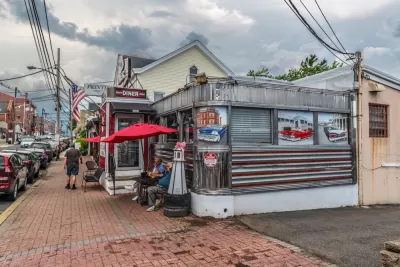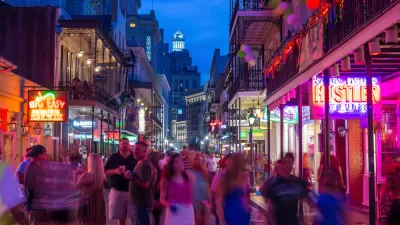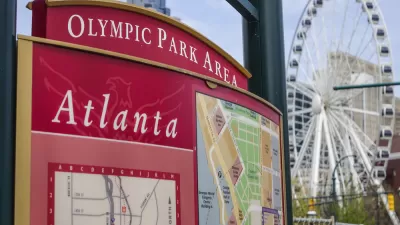The state of New Jersey makes it difficult, and expensive, to obtain liquor licenses. Some say that policy makes economic development much harder than it could be.

Nicholas Pugliese and Esther Davidowitz report on a political movement to change "New Jersey’s notoriously restrictive laws governing who can sell alcohol."
"Those laws, which date back to the post-Prohibition era, limit municipalities to one liquor license per 3,000 residents. In places where demand is high, licenses can sell for $1 million or more — if they are available at all," according to the article.
Many restaurants in the state allow customers to "Bring Your Own Bottle (BYOB), but many agree that less restrictive liquor license laws would be an economic development win.
The State Legislature has repeatedly come up short in passing laws to loosen liquor license regulations. But, according to the article, "[m]omentum is growing around a proposal from Assemblyman John Burzichelli, D-Gloucester, to let restaurants purchase much cheaper permits to serve alcohol. Existing license holders who suffer losses would be compensated, possibly through state tax credits."
The article also discusses the importance of restaurants and vibrant night life scenes in revitalizing urban neighborhoods. New housing and redevelopment projects would benefit from less restrictive liquor license regulations as well, according to the article.
FULL STORY: Liquor licenses in New Jersey cost $350K and it's crippling the state's dining scene

Study: Maui’s Plan to Convert Vacation Rentals to Long-Term Housing Could Cause Nearly $1 Billion Economic Loss
The plan would reduce visitor accommodation by 25,% resulting in 1,900 jobs lost.

North Texas Transit Leaders Tout Benefits of TOD for Growing Region
At a summit focused on transit-oriented development, policymakers discussed how North Texas’ expanded light rail system can serve as a tool for economic growth.

Why Should We Subsidize Public Transportation?
Many public transit agencies face financial stress due to rising costs, declining fare revenue, and declining subsidies. Transit advocates must provide a strong business case for increasing public transit funding.

How to Make US Trains Faster
Changes to boarding platforms and a switch to electric trains could improve U.S. passenger rail service without the added cost of high-speed rail.

Columbia’s Revitalized ‘Loop’ Is a Hub for Local Entrepreneurs
A focus on small businesses is helping a commercial corridor in Columbia, Missouri thrive.

Invasive Insect Threatens Minnesota’s Ash Forests
The Emerald Ash Borer is a rapidly spreading invasive pest threatening Minnesota’s ash trees, and homeowners are encouraged to plant diverse replacement species, avoid moving ash firewood, and monitor for signs of infestation.
Urban Design for Planners 1: Software Tools
This six-course series explores essential urban design concepts using open source software and equips planners with the tools they need to participate fully in the urban design process.
Planning for Universal Design
Learn the tools for implementing Universal Design in planning regulations.
City of Santa Clarita
Ascent Environmental
Institute for Housing and Urban Development Studies (IHS)
City of Grandview
Harvard GSD Executive Education
Toledo-Lucas County Plan Commissions
Salt Lake City
NYU Wagner Graduate School of Public Service





























